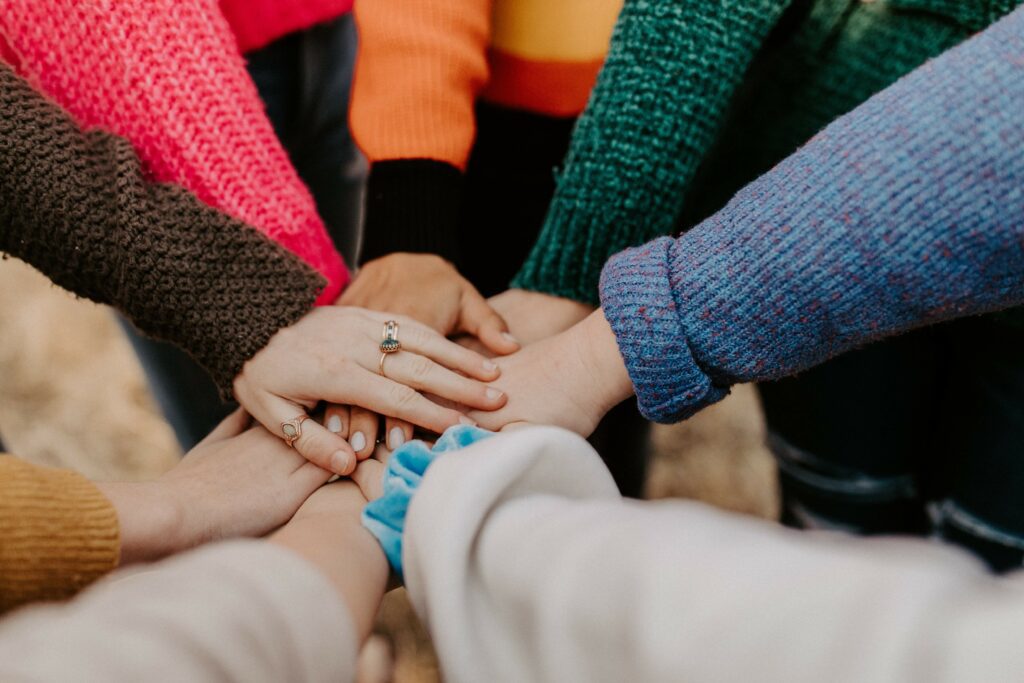At NOCD, we take pride in offering ultra-personalized treatment for people in the obsessive-compulsive disorder (OCD) community. It’s our specialty because of our background. Our team is composed of folks who have OCD, who support family and friends with it, or who professionally have treated people with the condition for a long time. That’s one of the main reasons why our treatment service, NOCD Therapy, is now effectively serving tens of thousands of new people with OCD globally every year.
We built a platform that many people need. It’s designed to fit the OCD treatment journey hand-in-glove, and the results speak for themselves. Our outcomes data shows that we’re helping our members reach clinically significant reductions in severity in about 14 hours of therapy time on average. To put that number in perspective, it’s twice as fast as average face-to-face exposure and response prevention (ERP) therapy.
Observers of our work often ask, “How have you been able to grow and serve so many people effectively in such a short amount of time, while only treating one specific condition?” We’re successful because treating one condition has never been our team’s motive. Instead, we’re focused on treating one community.
Holistically serving one community starts with viewing the people in it as human beings, not “sufferers” of a particular issue. Viewing each individual in the community as a whole person, rather than defining them by their condition, allows us to not only identify the services needed to address the community’s core problem, but also the solutions needed to help them manage other issues in their lives.
Community-driven therapy solutions are particularly important in the mental health community, since mental health issues impact all areas of life. For example, a mother with postpartum OCD, a segment of the OCD community that affects 7.8% of new mothers, might view herself as a monster and then avoid her newborn daughter out of fear of physically harming her. She might also even remove herself from her social circles to prevent triggering her fear and become depressed. Due to her symptoms, she might then avoid going to work, will begin to drink more than usual, and may even fight with her spouse.
A condition-specific company focused on depression might only identify the new mother’s depression and give her generic talk therapy (which typically makes OCD worse, by the way). Instead, a community-driven therapy service like NOCD would use its provider network and technology to identify and treat “what’s really wrong” with the mother – her violent intrusive thoughts about harming her child – knowing that the constant distress from the core issue is actually what’s causing her to feel extremely anxious and depressed.
Between sessions, the new mother would be able to join a support group of other new moms with postpartum OCD, use tools inside the NOCD platform to help her with treatment homework, and even have the opportunity to have her spouse participate in family support sessions to ensure their home life is conducive to making clinical gains.
Once the new mother gets better, her NOCD Therapist would be able to help her stay better and maintain her results by helping her navigate the social complexities and anxieties that naturally occur when re-emerging back into daily life. From here, she will self-manage her OCD symptoms using her OCD treatment toolkit and be referred to other digital health companies that are focused on helping women live healthy lives.
Community-driven therapy means a deep commitment to “connecting the dots” for the members that we serve. Having a focus on offering extreme personalization also fuels community-driven therapy solutions like NOCD to differentiate from generalist services. For instance, 90% of people with OCD experience comorbid behavioral health or substance use disorders, and there are hundreds of OCD subtypes that each feel like unique experiences. A person with sexual orientation OCD and depression from rural Pennsylvania might have a different treatment plan and experience than someone suffering with existential OCD and hoarding disorder in South Florida, although both go through ERP therapy.
We can address these two community segments with customization unlike ever before, given the specific trainings on ERP, subtypes, and comorbidities our NOCD Therapists go through, along with the functionality in the NOCD app and our commitment to connecting our members in the OCD community to other helpful resources for their health and wellness. Our deep focus on one community’s needs allows us to build the expertise and services needed to match the heterogeneity in it. It’s the future of treatment for the most severe behavioral health populations.
If you (or a loved one) is in need of help, remember that you are not your OCD, and you are not any of your conditions. You are a human being that’s unique and special, so you should invest in yourself and strive to live happily. Please seriously consider services that are going to help your “whole self.”
If you’d like to start working with a NOCD Therapist, please feel free to book a free 15 minute call with our team. If another service works better for you, here are other reputable avenues you can explore: The IOCDF has a directory of therapists, as does Psychology Today. (Note: Beware of licensed therapists who claim false expertise in OCD. We also recommend that you ask this list of five questions ahead of your first session with any therapist claiming to treat OCD, even those at NOCD). There’s no competition here—we want you to find the service that fits you best and live your best self.

